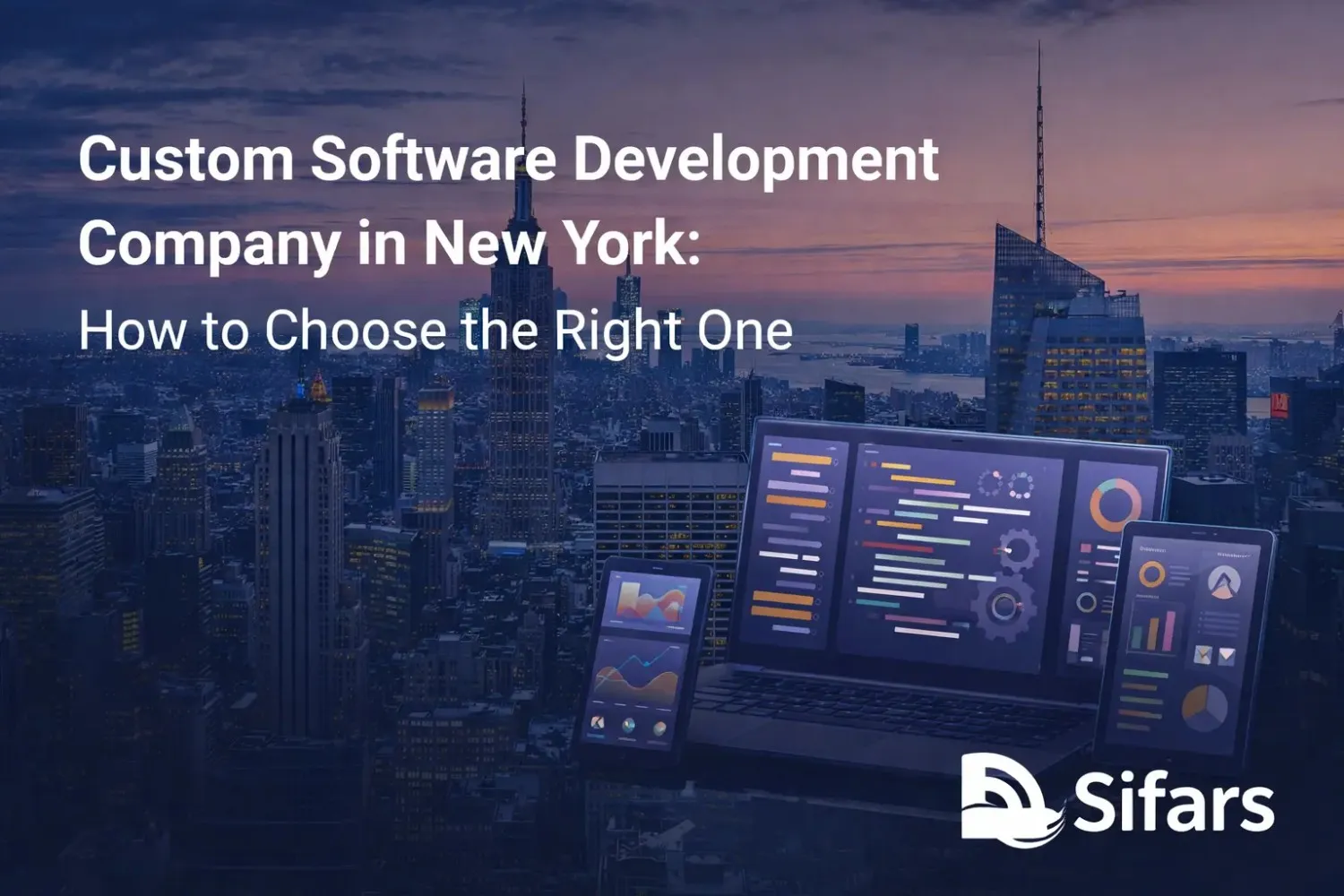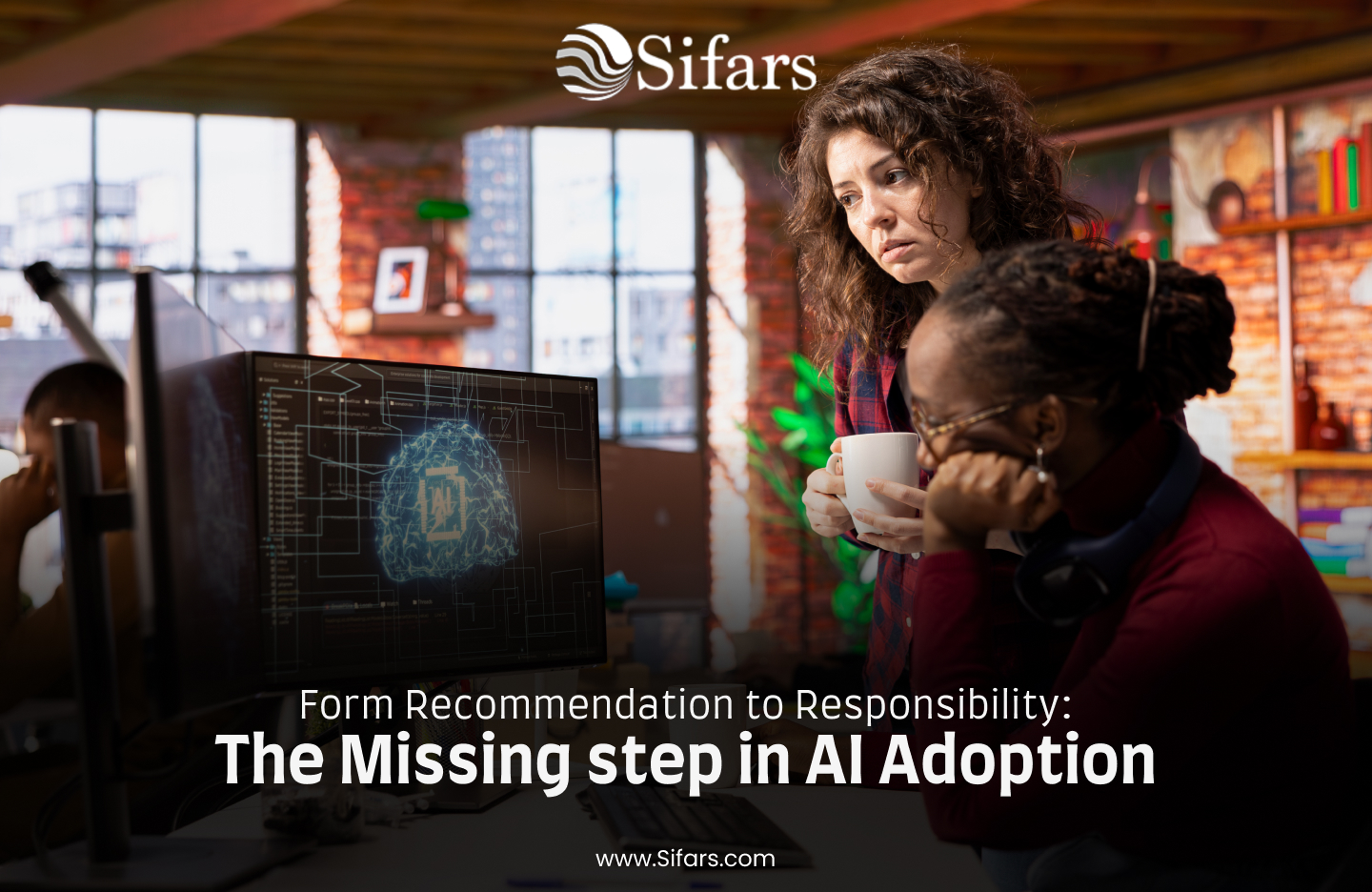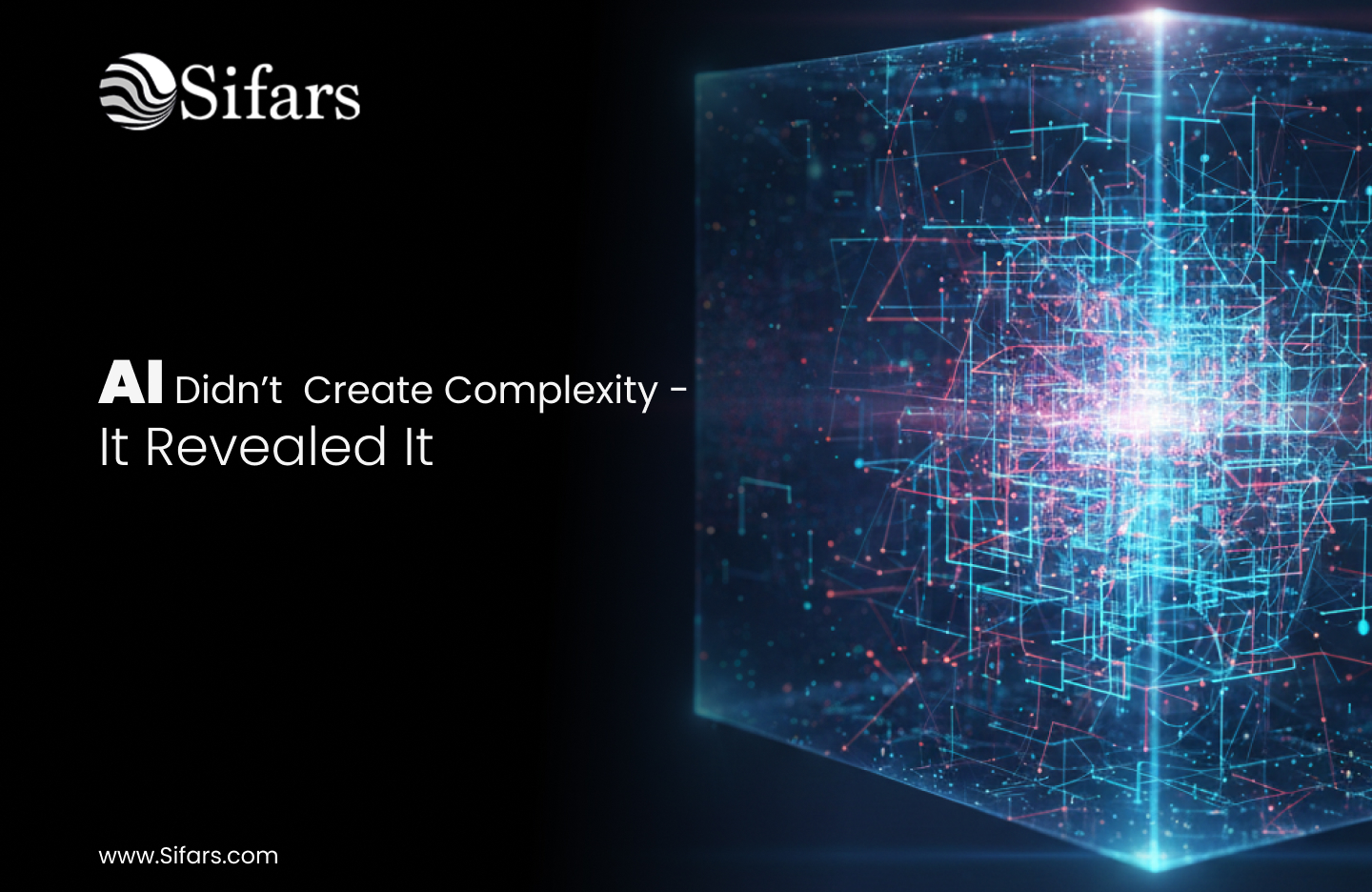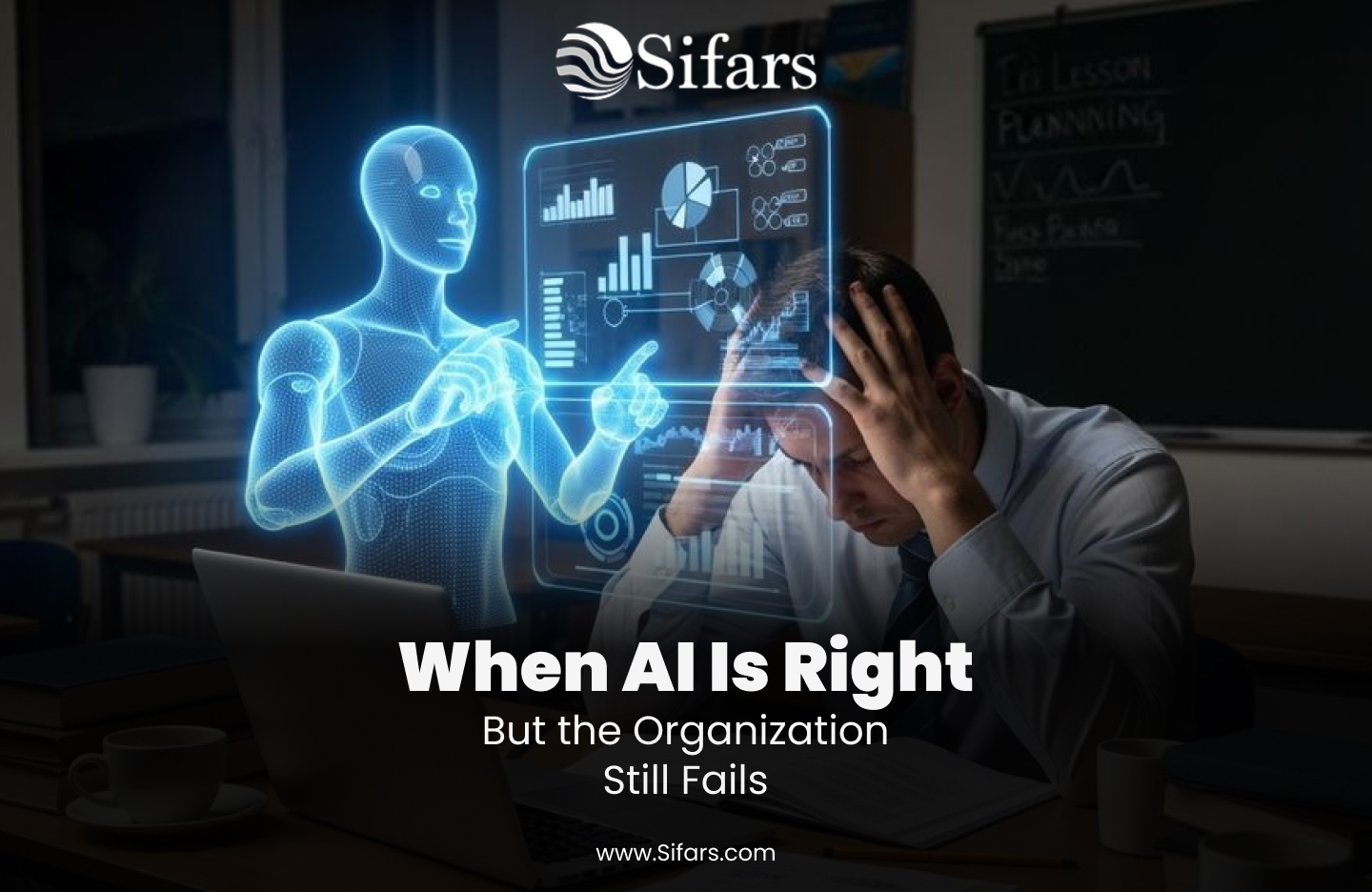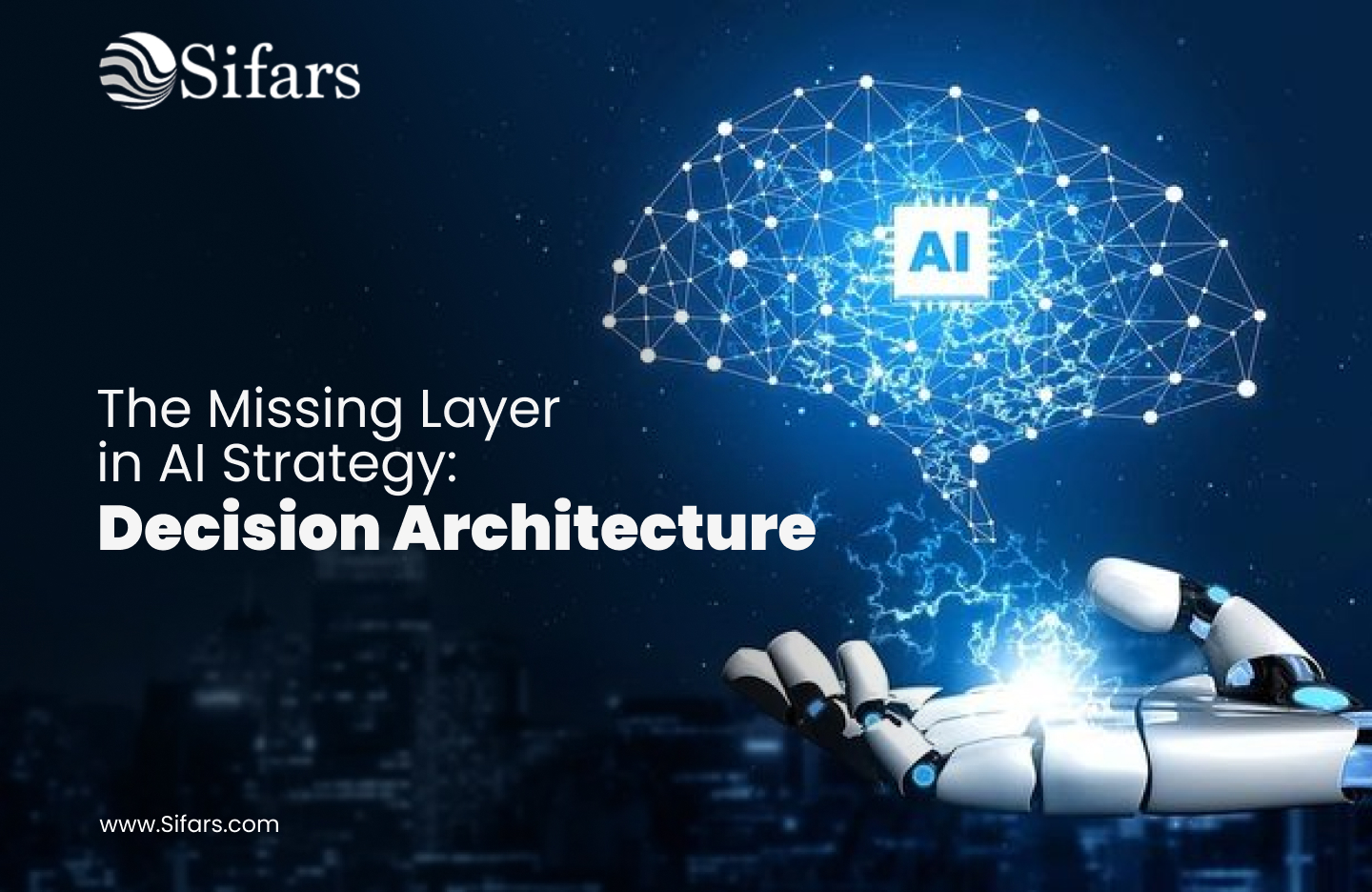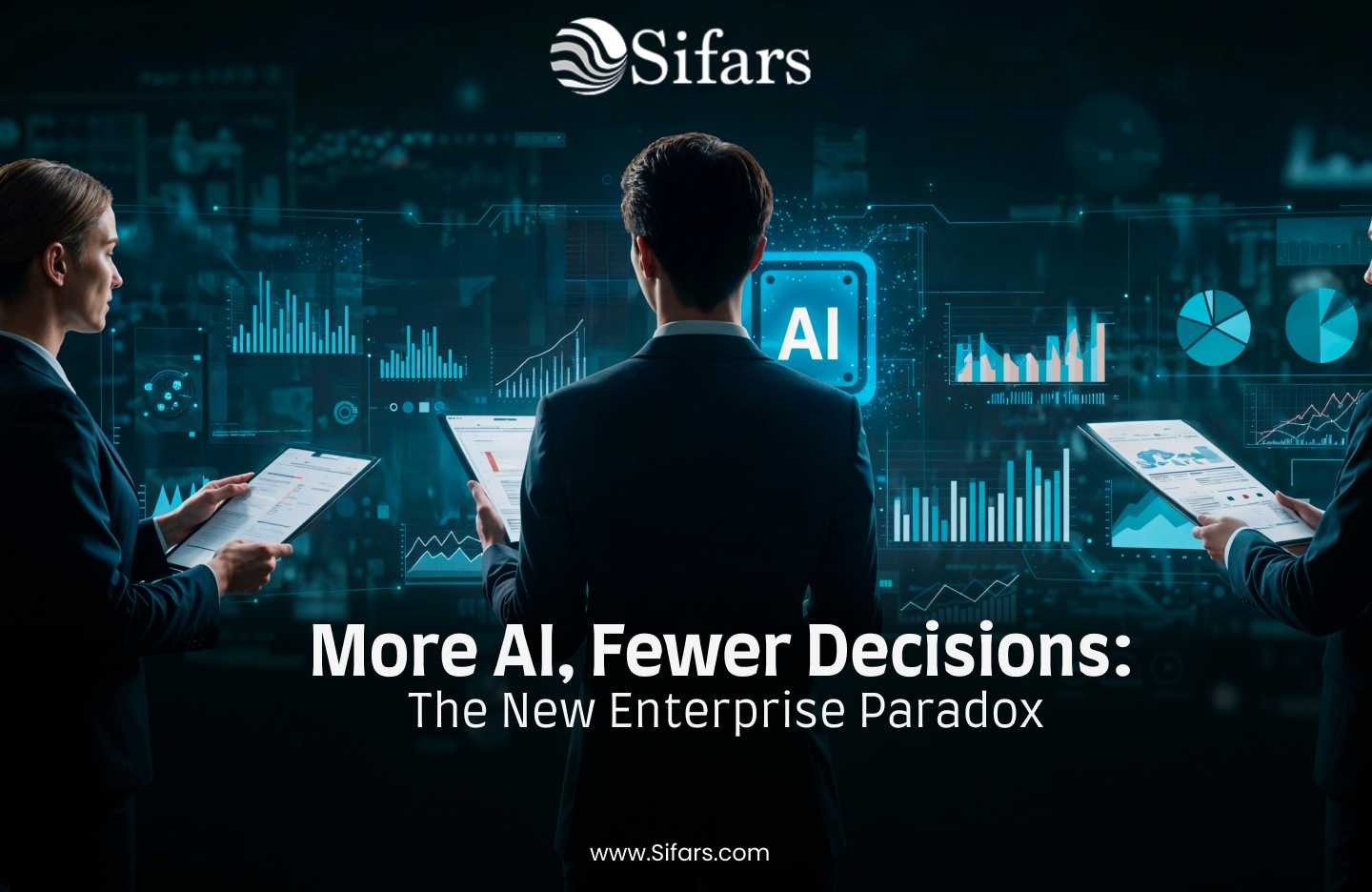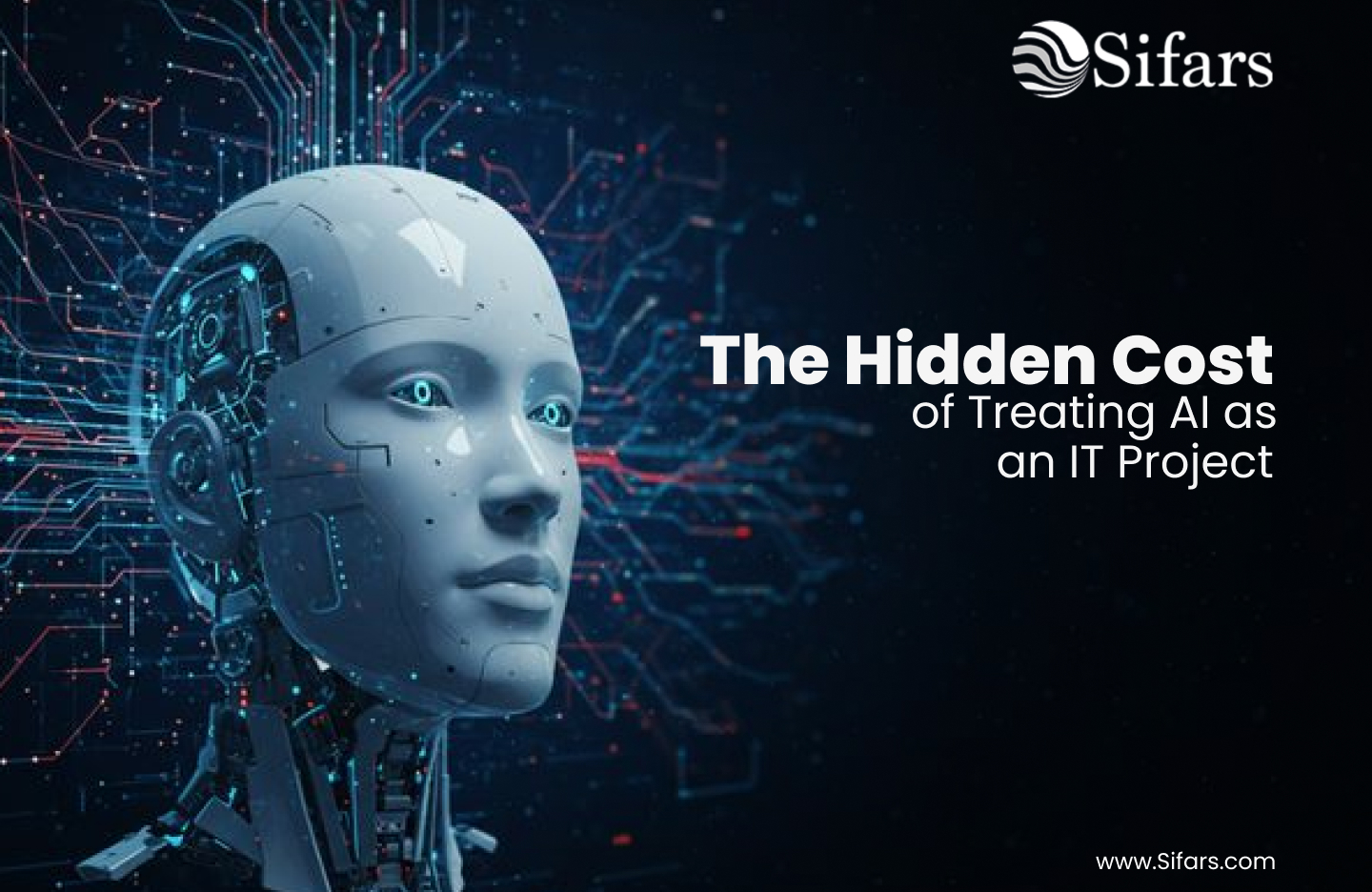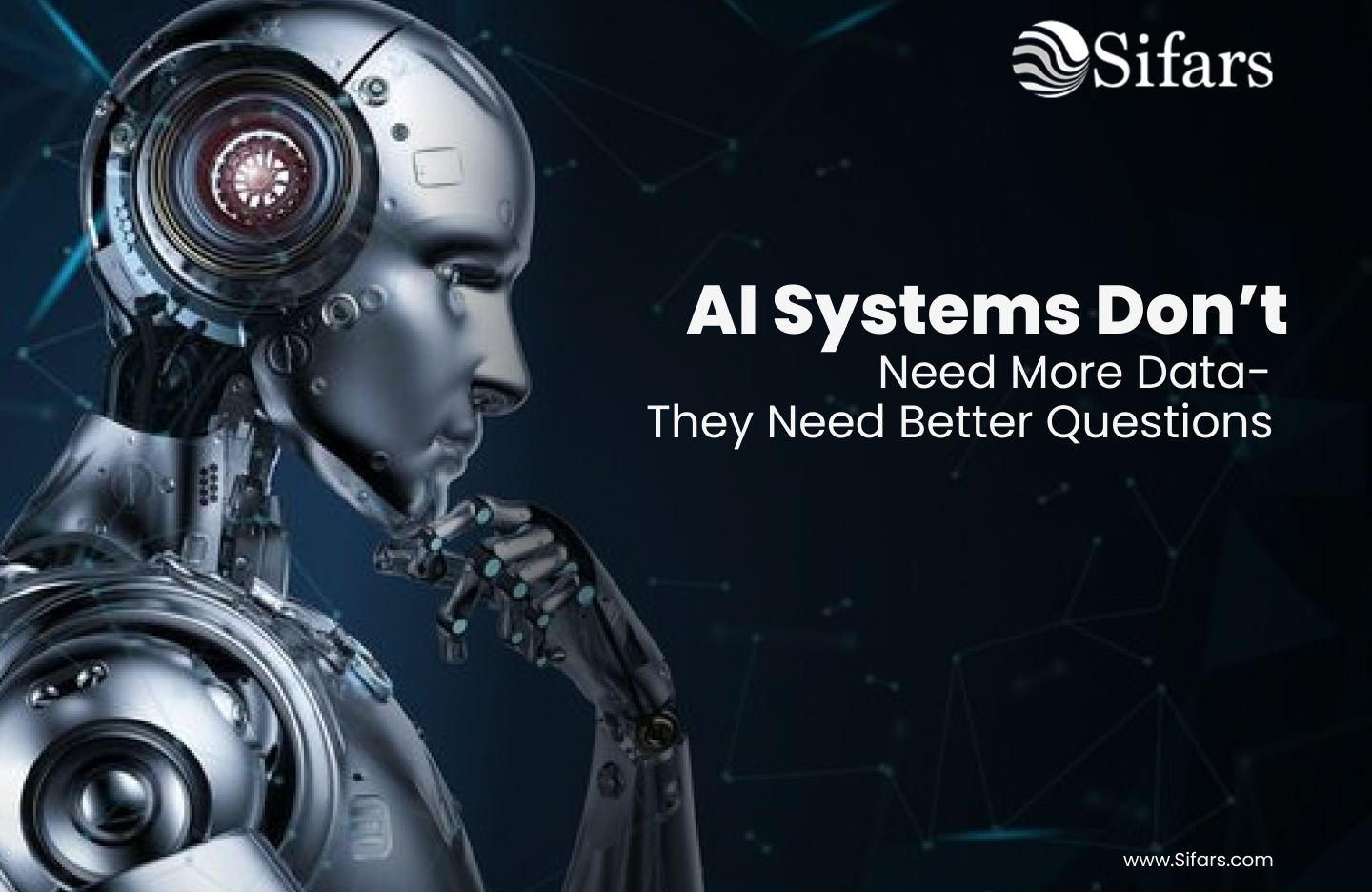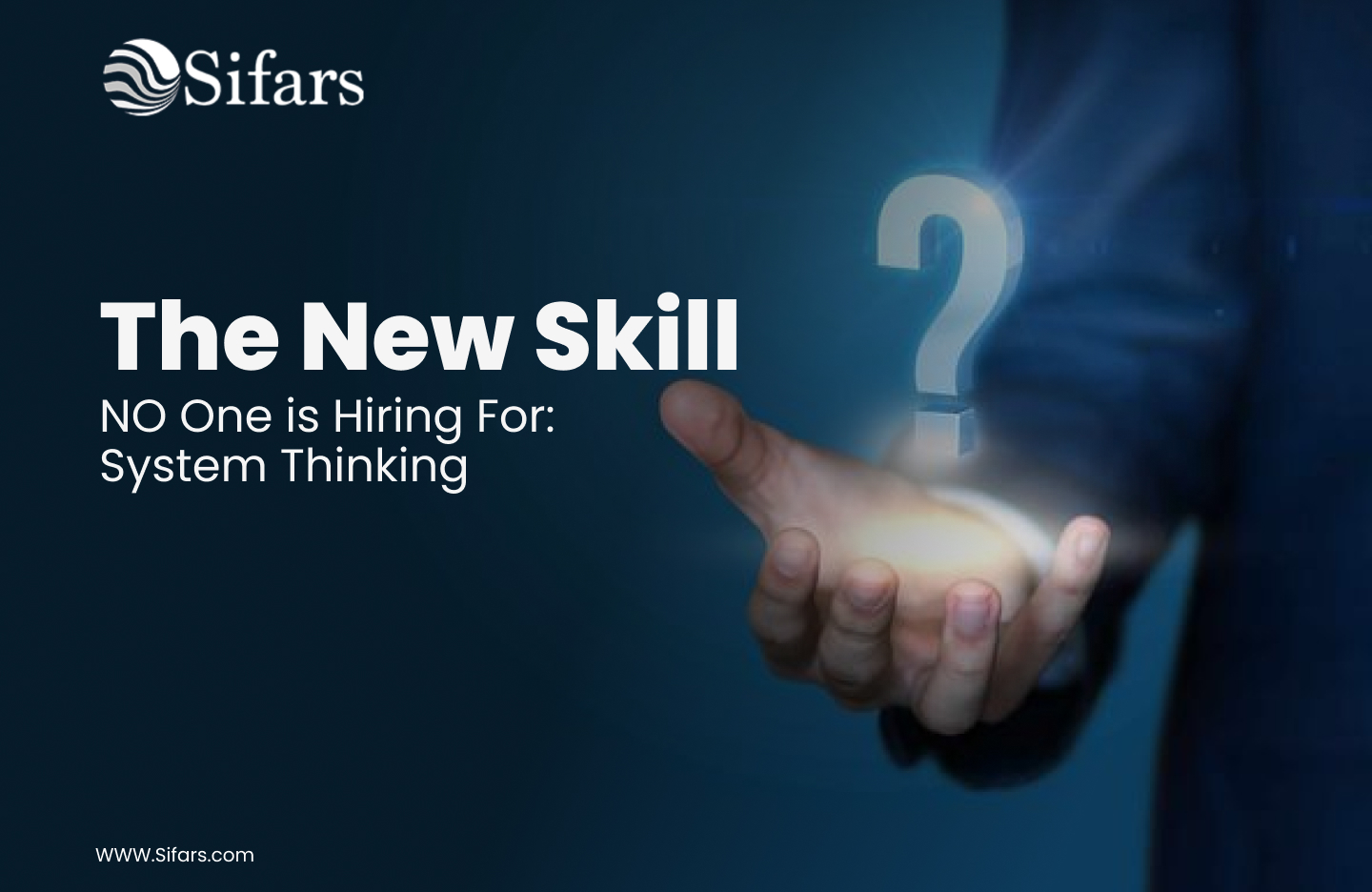New York businesses are moving fast toward digital transformation. From startups in Brooklyn to enterprises in Manhattan, companies are investing in tailored technology to scale operations, improve efficiency, and stay competitive. This is where choosing the right custom software development company in New York becomes critical.
If you are searching for a reliable partner to build software specifically for your business needs, this guide will help you understand what to look for, what custom software really means, and how to make the best decision.
What Is a Custom Software Development Company?
Sifars, a custom software development company serving New York, USA, builds tailor-made software solutions designed for specific business needs rather than offering ready-made or generic tools.
Sifars typically provides:
- Web application development
- Mobile app development
- Enterprise systems (CRM, ERP, dashboards)
- AI and automation software
- Cloud-based solutions
Unlike off-the-shelf software, Sifars’ custom solutions are created to match your exact workflow, business goals, and scalability requirements.
What Is a Custom Software Engineer?
A custom software engineer is a developer who designs, builds, and maintains software according to unique business requirements. They use modern technologies such as:
- Python, Node.js, PHP
- React, Angular, Vue
- Flutter, React Native
- Cloud platforms (AWS, Azure, GCP)
- AI and data automation tools
These engineers don’t just write code, they solve business problems with technology.
What Are the 3 Types of Software?
Understanding software categories helps you see where custom software fits:
- System Software – Operating systems and drivers (Windows, macOS)
- Application Software – General tools used by many (MS Office, Shopify)
- Custom Software – Built specifically for one business, including web and mobile development services
Custom software is the most flexible and scalable option for growing businesses.
Examples of Custom Software
Businesses in New York use custom software for:
- Custom CRM for sales teams
- Inventory and warehouse management systems
- Healthcare patient portals
- Fintech dashboards and reporting tools
- E-learning and training platforms
- Booking and scheduling systems
These solutions are designed around specific workflows that generic tools cannot handle.
Why Businesses in New York Prefer Custom Software
Companies choose custom software development services because:
- It scales as the business grows
- Offers better data security
- Integrates with existing tools
- Improves operational efficiency
- Provides a competitive advantage
This is why the demand for a custom software development company in USA, especially in New York, is increasing rapidly.
How to Choose the Best Custom Software Development Company in New York
Use this checklist before hiring:
1. Check Their Portfolio
Look for real projects, case studies, and industries they have worked with.
2. Technology Expertise
Ensure they use modern tech stacks like React, Node.js, Python, AI, and Cloud.
3. Experience with USA Clients
Communication, timezone, and business understanding matter.
4. Transparent Pricing
Avoid vague estimates. A professional company provides clear costing.
5. Communication & Support
Post-launch maintenance and support are essential.
6. Reviews and Testimonials
Client feedback tells you about reliability and delivery.
Software Development Company Website – What to Check?
Before contacting any company, review their website for:
- Services they offer
- Case studies
- Tech stack mentioned
- Technology Suite at Sifars
- Client testimonials
- Clear contact/consultation process
A professional website often reflects the company’s expertise.
What Makes a Top Custom Software Development Company in the USA?
The best custom software development company focuses on:
- Understanding business goals first
- Building scalable architecture
- Delivering on time
- Providing long-term technical support
- Maintaining high security standards
Conclusion
Finding the right custom software development company in New York is not just about hiring developers; it’s about choosing a long-term technology partner. Custom software gives your business the flexibility, scalability, and efficiency that ready-made tools cannot provide.
By checking a company’s portfolio, technology expertise, communication, and experience, you can confidently select a company that understands your vision and turns it into powerful software like Sifars.
If your goal is to grow, automate, and stay ahead in a competitive market like New York, investing in custom software is one of the smartest decisions you can make. Contact Sifars to get started.
FAQs
What is custom software?
Custom software is tailored to a business’s unique needs and workflow.
How much does custom software development cost in New York?
Costs depend on complexity and features. Most projects start from $8,000 to $15,000 and can go higher based on requirements.
How long does custom software development take?
Typically 2 to 6 months, depending on the project scope and features.
What industries use custom software the most?
Healthcare, fintech, logistics, education, retail, and startups frequently use custom software solutions.
Is custom software secure?
Yes. Custom software offers higher security because it is built with specific security measures tailored to your business.
